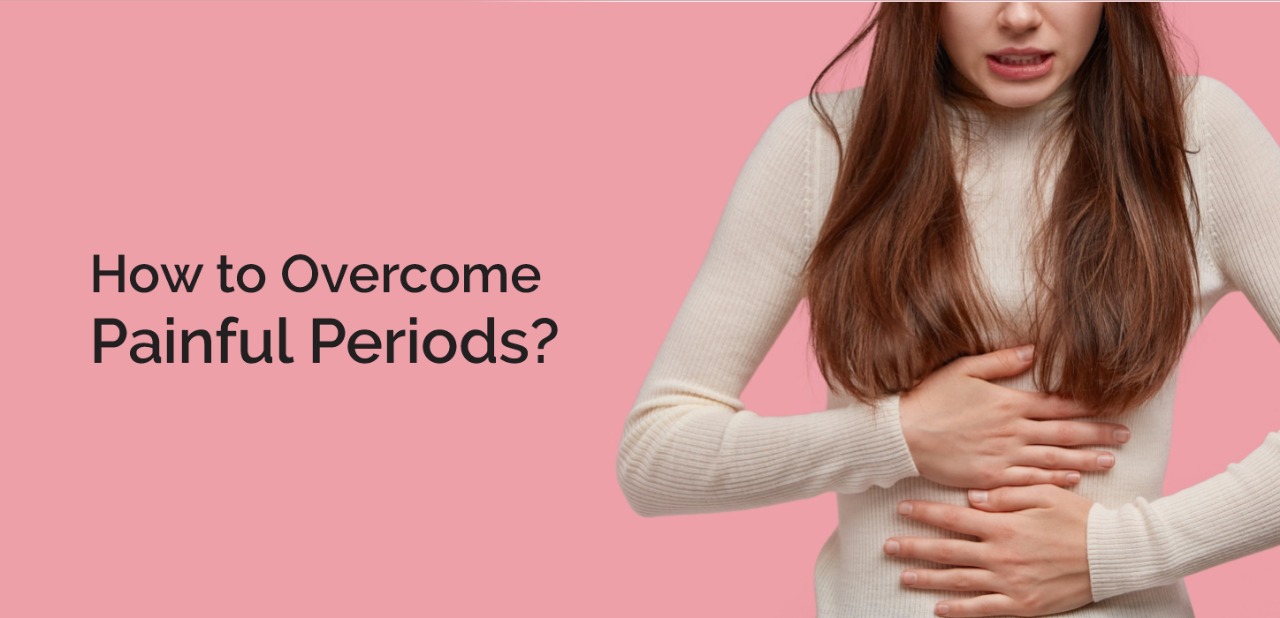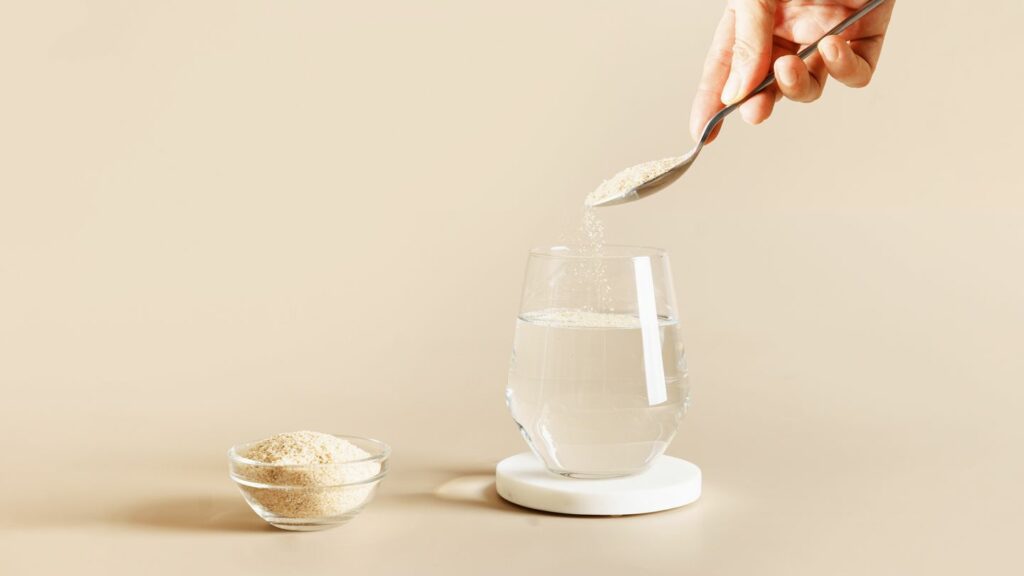Pain with constipation can be a common symptom of digestive issues and can cause discomfort and distress. In some cases, it may indicate a more serious underlying condition that should be addressed by a healthcare professional.
If you are experiencing pain with constipation, it is important to understand the possible causes and seek appropriate treatment for relief. Constipation is a condition characterized by infrequent bowel movements, difficulty passing stools, and hard or dry stools. Along with these symptoms, it is not uncommon to experience pain or abdominal discomfort.
The pain can range from mild to severe and may be accompanied by bloating, cramping, or a feeling of fullness. Several factors can contribute to pain with constipation, including inadequate fluid intake, lack of fiber in the diet, sedentary lifestyle, certain medications, hormonal changes, and underlying medical conditions such as irritable bowel syndrome (IBS) or inflammatory bowel disease (IBD). In some cases, constipation-related pain can be managed with lifestyle changes and over-the-counter remedies. Increasing water intake, consuming fiber-rich foods, regular exercise, and using gentle laxatives or stool softeners can often provide relief. However, if pain persists or worsens, it is essential to consult a healthcare professional for a proper evaluation and personalized treatment plan. Pain with constipation is a common symptom that should not be ignored. Understanding the possible causes and seeking appropriate treatment can help alleviate discomfort and improve overall digestive health.
Table of Contents
The Impact Of Constipation On Overall Health And Well-being
Constipation can have a significant impact on our overall health and well-being. It is a condition that affects the body in various ways.
One of the main effects of constipation is the discomfort and pain it causes in the abdomen. The accumulation of stool in the intestines leads to bloating, cramping, and abdominal pain. These symptoms can range from mild to severe, making daily activities difficult and uncomfortable.
Aside from the physical discomfort, constipation can also affect our mental and emotional well-being. The constant discomfort and pain can lead to feelings of irritability, frustration, and even anxiety. It can also disrupt our sleep patterns, leaving us tired and fatigued.
Moreover, constipation can cause a buildup of toxins in the body. When waste materials remain in the intestines for an extended period, it can affect the absorption and digestion of nutrients, resulting in a decrease in overall health.
To prevent the troublesome effects of constipation, it is important to adopt a healthy lifestyle. Consuming a diet rich in fiber, staying hydrated, and exercising regularly can help regulate bowel movements and maintain a healthy digestive system.
Identifying The Symptoms Of Constipation-induced Pain
Constipation can be an uncomfortable and distressing condition that can lead to pain and discomfort. Recognizing the symptoms of constipation-induced pain is essential for effective management and relief. Here are some common signs to look out for:
| Bloating: | Feeling of fullness or tightness in the abdomen. |
| Straining: | Difficulty in passing stools, accompanied by the need to exert pressure. |
| Hard stools: | Dry and lumpy feces that are difficult to pass. |
| Abdominal pain: | Cramping or discomfort in the abdominal area. |
| Rectal pain: | Pain or discomfort in the rectum, often worsened with bowel movement. |
It is important to differentiate between general discomfort and pain associated with constipation. If the symptoms persist or worsen, consult a healthcare professional for an accurate diagnosis and appropriate treatment.
Lifestyle Factors And Habits That Contribute To Constipation
There are various lifestyle factors and habits that can contribute to constipation. One of these factors is a sedentary lifestyle and lack of exercise. Physical inactivity can slow down the digestive system and make it difficult for waste to move through the intestines, leading to constipation.
Dietary choices also play a significant role in bowel movements. A diet low in fiber and high in processed foods can contribute to constipation. Fiber adds bulk to the stool and helps it move more easily through the digestive tract. Insufficient water intake can also lead to constipation, as hydration is essential for maintaining regularity.
To prevent constipation, it is important to incorporate regular exercise into your routine and lead an active lifestyle. Increasing fiber intake through fruits, vegetables, and whole grains can also improve bowel movements. Additionally, staying properly hydrated by drinking enough water throughout the day is essential for maintaining regularity.
By making these lifestyle changes and adopting healthy habits, you can help alleviate the pain associated with constipation and promote better digestive health.

Credit: www.nhassurance.com
Making Dietary Modifications For Easier Bowel Movements
When dealing with constipation, making dietary modifications can greatly alleviate the pain and discomfort. One effective way to improve bowel movements is by incorporating fiber-rich foods into your diet. Whole grains such as oats, brown rice, and whole wheat bread are excellent sources of fiber. Additionally, fresh produce like fruits and vegetables are packed with fiber, vitamins, and minerals that can help ease constipation. It is important to consume these foods regularly to ensure a healthy digestive system. On the other hand, it is crucial to avoid foods that can worsen constipation. Processed foods, dairy products, and foods high in fat and sugar should be limited or eliminated from your diet as they can contribute to constipation. With a proper dietary plan consisting of fiber-rich foods and avoiding constipating foods, you can promote regular bowel movements and alleviate the pain associated with constipation.
Adopting Healthy Habits To Combat Constipation
Regular exercise plays a key role in ensuring regular bowel movements. Physical activity helps stimulate intestinal contractions and promotes bowel regularity. It is recommended to engage in at least 30 minutes of moderate exercise every day. This could include activities such as brisk walking, cycling, or swimming.
Establishing a consistent bathroom routine is another important habit to combat constipation. Listening to your body’s natural cues and dedicating a specific time each day for bathroom visits can promote regularity. Allow yourself enough time to fully evacuate your bowels without rushing.
Practicing relaxation techniques can help reduce stress-related constipation. Techniques such as deep breathing exercises, meditation, or practicing yoga can relax the body and mind, promoting smooth bowel movements. Stress and anxiety can contribute to constipation, so managing stress levels is crucial for maintaining healthy bowel function.
| Healthy Habits | Benefits |
|---|---|
| Regular Exercise | Stimulates intestinal contractions |
| Establishing a Consistent Bathroom Routine | Promotes regularity and allows sufficient time for bowel movements |
| Practicing Relaxation Techniques | Reduces stress and anxiety, preventing constipation |
Over-the-counter Options: Exploring Medications And Supplements
Laxatives play a crucial role in relieving constipation. By understanding different types of laxatives and their effects, you can find the right solution for your discomfort. Some common types of laxatives include:
| Type of Laxative | Effect |
|---|---|
| Bulk-forming | Absorb water, enlarge stools |
| Stool softeners | Add moisture to stools |
| Stimulants | Trigger intestinal contractions |
| Osmotics | Draw water into the intestines |
| Lubricants | Coat the stool for easier passage |
Aside from medication, fiber supplements are a popular choice for easing constipation. These supplements add bulk to the stool and promote regularity. However, it’s important to note that fiber supplements may cause bloating or gas in some individuals.
Remember to consult with your healthcare provider before starting any new medications or supplements to ensure they are appropriate for you. By exploring different over-the-counter options, you can find the best approach to relieve your constipation.
When To Consult A Healthcare Professional
Experiencing pain with constipation? It’s best to consult a healthcare professional for an accurate diagnosis and tailored treatment plan. Don’t delay in seeking medical advice to address your discomfort effectively.
When to Consult a Healthcare Professional- Experiencing constipation for three or more weeks
- Passing hard, dry stools
- Bleeding from the rectum
- Experiencing severe abdominal pain or bloating
- Unexplained weight loss
- Changes in bowel habits, such as alternating between constipation and diarrhea
- Having a family history of colorectal cancer
Treatment Options For Severe Constipation And Pain
Prescription medications can be highly effective in managing chronic constipation and relieving associated pain. These medications are typically recommended by healthcare providers when lifestyle changes and over-the-counter remedies have not provided sufficient relief. Some commonly prescribed medications for chronic constipation include osmotic laxatives, stimulant laxatives, stool softeners, and lubiprostone. Osmotic laxatives work by increasing the amount of water in the intestines, making it easier for stools to pass. Stimulant laxatives, on the other hand, stimulate the muscles of the intestines, promoting bowel movements. Stool softeners help to soften the stool, making it less difficult to pass. Lubiprostone is specifically designed to treat chronic idiopathic constipation in adults.
In certain cases, when constipation is severe and other treatment options have not been successful, specialized procedures like colonoscopy may be recommended. Colonoscopy allows healthcare providers to examine the lining of the rectum and colon, helping to identify any underlying issues that may be causing constipation. By visually inspecting the colon, any abnormalities or obstructions can be detected and further treatment can be planned accordingly. Colonoscopy can provide valuable insights into the root cause of constipation, enabling healthcare providers to develop a targeted and effective treatment approach.
Alongside medication and specialized procedures, healthcare providers typically advise certain lifestyle changes to alleviate severe constipation and associated pain. These changes may include increasing fiber intake, staying hydrated, exercising regularly to promote bowel motility, establishing a regular bathroom routine, and managing stress levels. Maintaining a healthy diet with plenty of fruits, vegetables, and whole grains, as well as avoiding excessive consumption of processed foods and alcohol, can also support healthy digestion and bowel function. It is important for individuals experiencing chronic constipation to consult with healthcare providers to develop a comprehensive treatment plan tailored to their specific needs.
Managing Pain With Constipation In Specific Populations
Constipation-related pain can affect specific populations, including children, the elderly, pregnant women, and individuals with chronic illnesses. In children, constipation can cause discomfort and pain, leading to irritability and changes in behavior. The elderly may experience constipation-related pain due to weakened muscles and decreased mobility. For pregnant women, constipation can be common and may lead to complications such as hemorrhoids and fissures. Those with chronic illnesses, such as diabetes or multiple sclerosis, may experience constipation as a side effect of their condition or medications, further exacerbating pain.
| Population | Constipation-related Pain | Complications |
|---|---|---|
| Children | Discomfort, irritability, behavior changes | N/A |
| Elderly | Weakened muscles, decreased mobility | N/A |
| Pregnant women | Common, potential hemorrhoids and fissures | Hemorrhoids, fissures |
| Individuals with chronic illnesses | Side effect of condition or medications | N/A |
Frequently Asked Questions For Pain With Constipation
Can Constipation Cause Severe Pain?
Yes, constipation can cause severe pain due to the build-up of stool in the intestines, leading to bloating and discomfort. The longer the stool remains in the colon, the harder and drier it becomes, making it difficult to pass.
What Are The Common Causes Of Constipation?
Common causes of constipation include a lack of fiber in the diet, dehydration, sedentary lifestyle, certain medications, and ignoring the urge to have a bowel movement. Stress and certain medical conditions can also contribute to constipation.
How Can I Relieve Constipation Pain At Home?
You can relieve constipation pain at home by increasing your fiber intake, drinking plenty of fluids, staying active, and establishing regular bowel habits. Over-the-counter laxatives and stool softeners may also provide temporary relief, but it’s important to consult a doctor before using them regularly.
When Should I Seek Medical Help For Constipation Pain?
You should seek medical help for constipation pain if it persists for more than a couple of weeks, is accompanied by severe abdominal pain or vomiting, or if you notice blood in your stool. These could be signs of a more serious underlying condition that requires medical attention.
Conclusion
Managing pain with constipation doesn’t have to be a daunting experience. By understanding the causes, symptoms, and treatment options, you can find relief and improve your overall quality of life. Remember to incorporate a fiber-rich diet, stay hydrated, and maintain a regular exercise routine.
If symptoms persist or worsen, consulting with a healthcare professional is highly recommended. Take control of your digestive health and alleviate the discomfort associated with constipation today.








